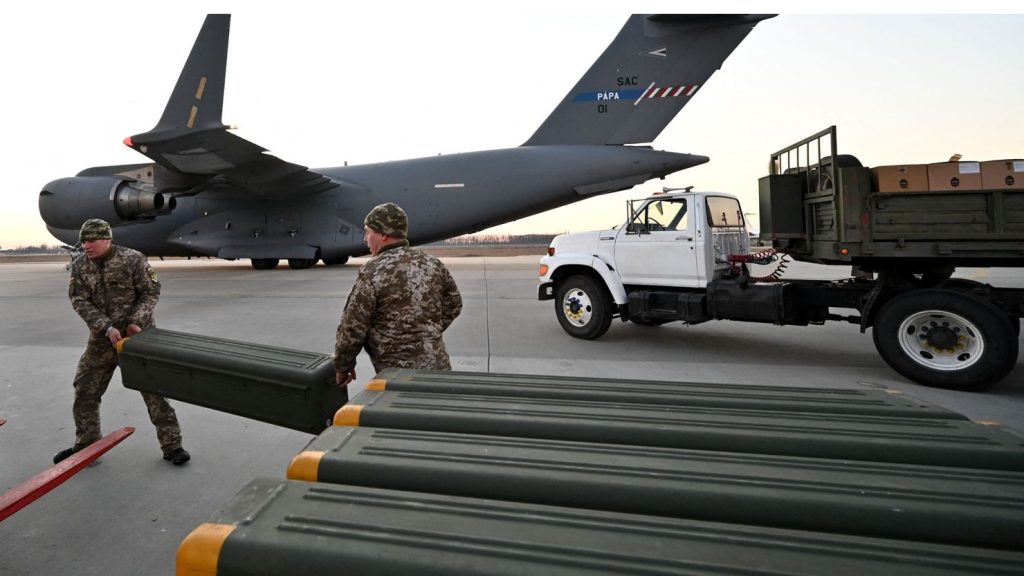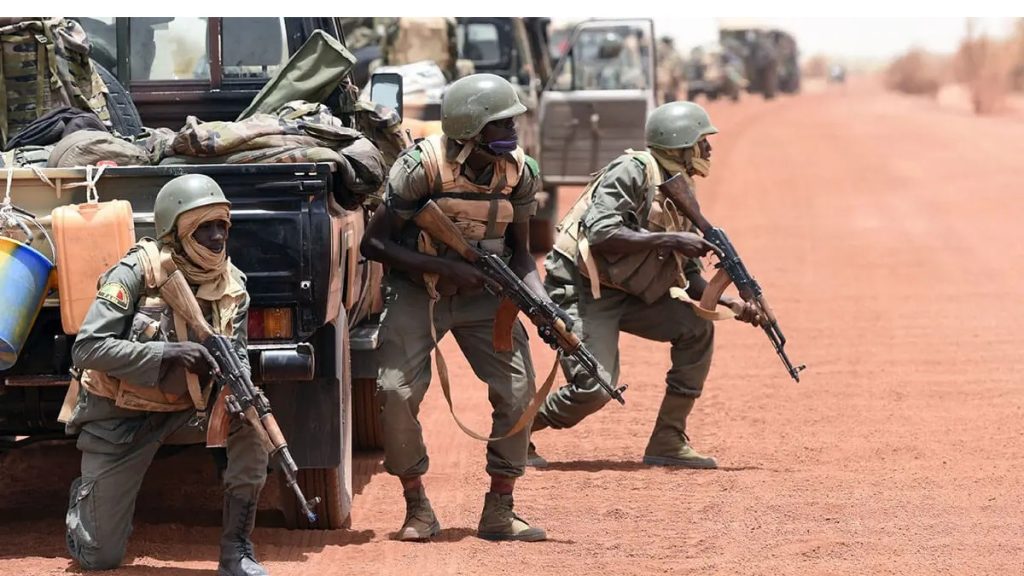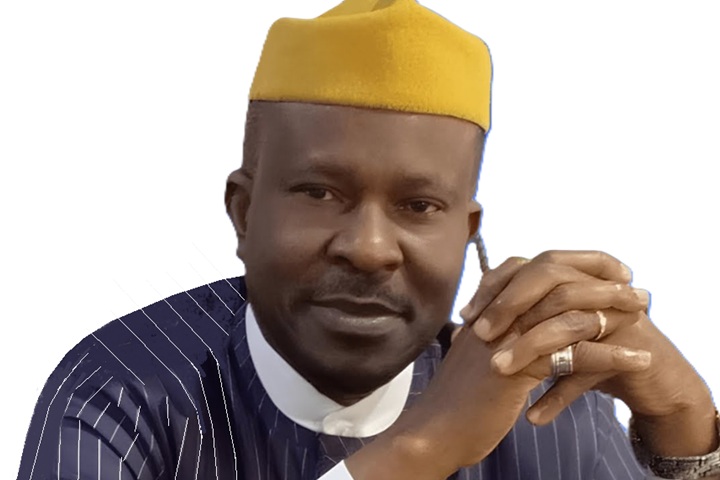Featured
Sexual violence: Police arrest four students for alleged gang rape

The Nigeria Police Force (NPF), Adamawa State Command has arrested four secondary school boys, who are between the age of 16 and 17 years for allegedly raping a 17-year-old girl.
The four suspects were arrested for ganging up and raping a minor, after being reported by one of her relatives.
As gathered by the Diaspora Digital Media (DDM), the suspects allegedly raped the girl after they made her drink a large quantity of beer.
The police, while disclosing the news to newsmen on Monday, stated that the suspects confessed and admitted to committing the serious unlawful act of conspiracy and gang up rape of a fellow teenager.
The Adamawa Police command spokesman, SP Suleiman Nguroje on Sunday, shared in a statement that the Command had taken four persons into its custody.
The suspects, in the statement, were identified as students of Government Secondary School Sugu, in the Ganye Local Government Area of Adamawa State.
Nguroje stated that “the Commissioner of Police, CP Dankombo Morris, has directed that the suspected minors be placed in protective custody until the investigation is complete and legal advice has been received from the Director of Public Prosecution (DPP).
Issue of rape in Nigeria
Rape is a serious issue in Nigeria, with a staggering prevalence rate of child sexual abuse at 34.4% in Africa, with Nigeria contributing significantly to this statistic.
According to the United Nations, there were 11,200 reported rape cases in Nigeria in 2020.
However, the number is likely a gross underestimation, as many cases go unreported due to fear, stigma, and lack of confidence in the justice system.
The issue is often shrouded in silence, with victims facing stigma and blame.
Prevalence and Statistics
Africa has the highest prevalence rate of child sexual abuse, at 34.4%.
According to a report, between 2012 and 2013, about 30% of women in Nigeria experienced domestic violence or another form of violence.
A National Survey on Violence Against Children in Nigeria found that one in four females reported experiencing sexual violence in childhood, with approximately 70% reporting more than one incident.
Challenges in Addressing Rape in Nigeria
Addressing the issues of rape in Nigeria have proven to be difficult as the culture of silence and stigma surrounding rape makes it difficult for victims to report the crime.
Also, the lack of effective policies and laws to protect victims and punish perpetrators contributes to the persistence of the problem.
In addition, the patriarchal nature of Nigerian society, which often blames victims and protects perpetrators, exacerbates the issue.
Efforts to Address Rape in Nigeria
A lot of efforts have been pushed towards addressing the rising rate of rape in Nigeria.
The Lagos Sexual Offences and Domestic Violence Court has been established to handle rape cases and provide support to victims.
Organizations such as the Women at Risk International Foundation (WARIF) are working to provide support services to victims of rape and sexual violence.
Overall, addressing rape in Nigeria requires a multifaceted approach that involves changing societal attitudes, strengthening laws and policies, and providing support services to victims.
Causes and Contributing Factors
Rape in Nigeria is often perpetuated by societal attitudes and norms that perpetuate inequality and violence against women. Some contributing factors include:
Cultural and societal norms: Women are often perceived as the weaker sex, leading to subjugation and oppression.
Lack of education and awareness: Many Nigerians lack awareness about rape, its consequences, and the importance of consent.
Inadequate laws and enforcement: Nigeria’s laws and enforcement mechanisms often fail to provide adequate protection for victims and punishment for perpetrators.
Consequences and Impacts
Rape has severe and long-lasting consequences for victims, including physical and emotional trauma, stigma, and social isolation. The impact of rape extends beyond the individual victim, affecting families, communities, and society as a whole.
For Diaspora Digital Media Updates click on Whatsapp, or Telegram. For eyewitness accounts/ reports/ articles, write to: citizenreports@diasporadigitalmedia.com. Follow us on X (Fomerly Twitter) or Facebook











